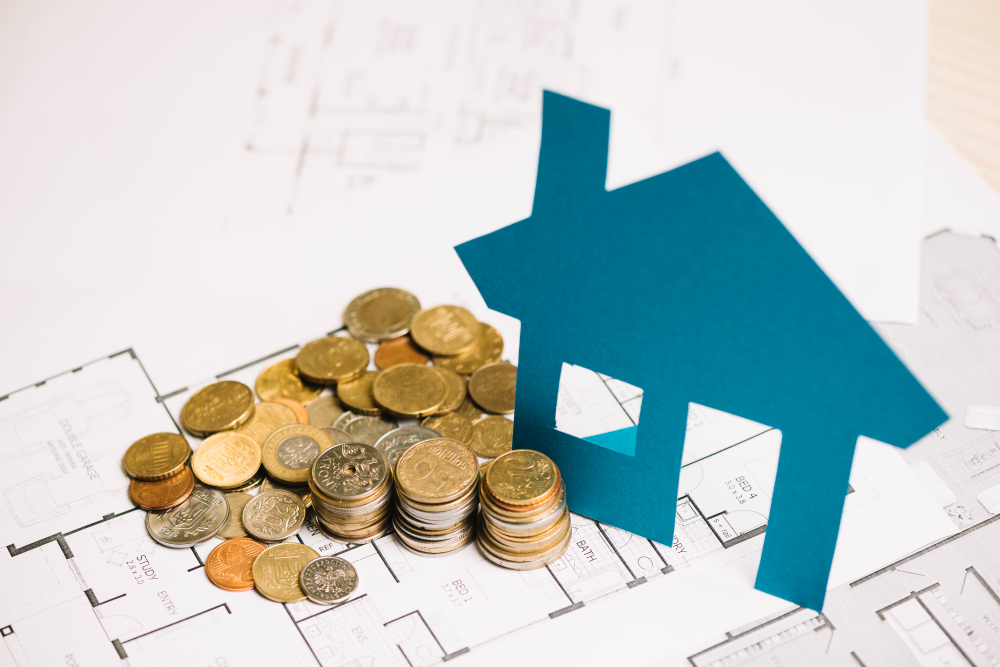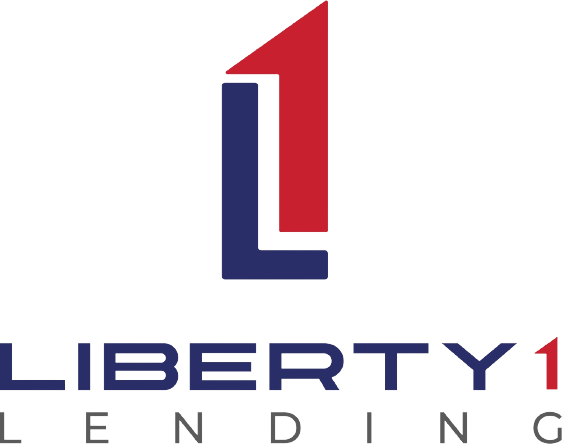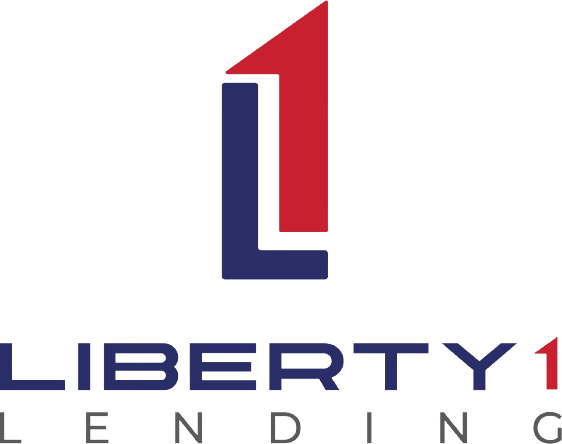
What Are Closing Costs?
Closing costs are the various fees you pay your lender or third parties for creating, processing, and underwriting the loan. These fees cover items like a home appraisal, title insurance, and underwriting. Your closing costs will vary depending on what state you live in and which lender you use. Some lenders charge different fees for items like origination fees or a rate lock fee.
Are Closing Costs Tax Deductible?
No. Closing costs are not currently tax deductible. You can deduct the mortgage interest and any mortgage points that you buy when you close though. Tax regulations change, so it’s a good idea to check regularly with the IRS or your tax advisor.
How Are Closing Costs Determined/How Much Are Closing Costs?
Closing costs can fluctuate anywhere between 3-6% of the loan amount. This percentage also doesn’t include your down payment or additional costs of buying mortgage points. According to National Mortgage Professional, in 2021, the average closing cost on new homes was $6,837. While the average closing cost for refinancing a home was $2,398.
When you apply for a mortgage, your lender will provide you with a Loan Estimate document. This paper will detail the different closing costs associated with your mortgage. This is generally provided a few days after applying for the loan.
Before you close on your loan, your lender will provide you with your Closing Disclosure. This document will be an updated list of your closing costs from the Loan Estimate document. Throughout the loan process your loan amount or closing date may change, which will change some numbers on your closing discloser. Buyers should carefully review the documents and ask any questions about things that they don’t understand.
Property Related Fees
These are closing costs associated with verifying the ownership and fair market value of the property. This helps prevent you from buying a home from someone who doesn’t have the authority to sell it.
- Appraisal – Your lender may have an appraisal completed by a third-party company. The appraiser will be used to determine how much the house is worth and make sure that basic safety checks are completed before moving in. Sometimes lenders do not require an appraisal, and you may get an appraisal waiver.
- Lender’s Title Insurance – This insurance is a one-time fee, unlike other types of insurance, that you’ll pay at closing. This insurance protects the lender if there are any issues with the title of the property and a title claim is made.
- Owner’s Title Insurance – This title insurance is optional but protects you if issues do arise down the road. This insurance protects you from a lawsuit against you after purchasing the home or if a lien is discovered after you’ve purchased the home.
- Prepaid Daily Interest Charges – Since your first monthly payment is normally a few weeks after your closing, this is theinterest that accrues between closing day and your first monthly mortgage payment. This amount will vary depending on your loan amount, interest rate, and payment date.
- Title Search Fees – Title searches are done to make sure that the home is free from any liens, bankruptcies, or unpaid taxes that could affect the sale of the home.
- Private Mortgage Insurance (PMI) – If you put less than 20% down on a conventional loan, you’ll be required to pay PMI. Private mortgage insurance only protects the lender if you default on your loan.
- Property Tax – Some lenders require that you pay property taxes upfront at the time of purchase.
- FHA Upfront Mortgage Insurance – If you’re doing an FHA loan, you are required to pay for Upfront FHA Mortgage Insurance, which is 1.75% of the loan amount.
- VA Funding Fee – If you’re buying a home using a VA loan, you will probably pay a VA funding fee. This fee varies, but is a percentage of the loan amount ranging from 0% to 3.30%, depending on your down payment and if this is your first-time using a VA loan, or if you are VA Funding Fee exempt, and the type of VA loan you get.
Mortgage Related Fees
These are closing costs associated with the cost of creating the loan from the lender.
- Application Fee – Some lenders will charge you an application fee to process your request. This fee can vary depending on the lender.
- Credit Reporting Fee – This is the cost to pull your credit report and look at your credit report.
- Discount Points – Discount points are an upfront cost that you can pay at closing to reduce your mortgage rate. One discount point equals 1% of the loan amount.
- Closing Fee – This fee goes to the title or escrow company which finalizes the closing. Sometimes an attorney will do this. The cost for this can vary depending on which state you’re closing in, if an attorney is required or not, and is up to the title company’s discretion.
- Loan Origination Fee – The loan origination fee is for the cost of processing and structuring the loan. This fee is usually about 1% of the loan.
- Underwriting Fee – This is the fee paid directly to your lender for reviewing your loan and verifying all of the loan paperwork is correct.
- Rate Lock Fee – Some lenders might charge a fee to lock in your interest rate. Though most lenders will offer this service for free.
- Recording Fee – A recording fee is paid to the city or county to update public records of a change of ownership.
- Escrow Funds – Most borrowers choose to escrow parts of their payments, like property taxes, homeowner’s insurance or other fees. This helps spread the cost out over the year, instead of large bills due once or twice a year. Your lender usually will require that you put in at least 2 months’ worth of expenses at the closing, and up to 15 months worth (if a payment is close to closing or due before your 1st mortgage payment)
Miscellaneous Fees
These are fees that are charged by outside parties for you to close on your loan. These could be items like city or state requirements or lawyer fees.
- Attorney Fees – Some states require that an attorney be present to close on a home. If you live in a state where that’s a requirement, you’ll have an extra fee at closing to cover the cost of the attorney.
- Courier Fee – A courier fee covers the cost of transporting mortgage documents.
- Flood Certification – This fee is to get a document verifying whether your property is in a flood zone or not.
- Homeowners Association Transfer Fee – If you’re buying a home that has an HOA, there may be an additional fee to transfer HOA records from the seller’s name to the buyer’s.
- Homeowners Insurance – This insurance is there to protect you if your home is damaged. Most lenders require that you have some sort of coverage before closing on the property.
- Survey Fee – In some states, you may be required to have a land survey completed before the sale is finalized. This is done to verify property lines on the home you’re buying.
- Tax Monitoring and Tax Status Fees – This is to cover the costs to verify your calculated property taxes are correct and will notify your lender if you miss any ongoing property taxes.
- Transfer Tax – A transfer tax goes to your local government. This fee will largely depend on where you live. Some states have much higher transfer taxes (Washington D.C. and Delaware) than others.
- Pest Inspection Fee – Depending on your loan type and where you’re buying a home, you may be required to get a pest inspection. Also, if during the home appraisal process, the appraiser thinks there is a problem, they may require a pest inspection to be completed.
Who Should Pay Closing Costs?
Buyers and sellers will both have closing costs that they will be responsible for. Most of the closing costs are the buyer’s responsibility. Sometimes a buyer will request that the seller pay their closing costs. If the seller pays the closing costs that means more money out of their pocket and could make the buyer’s offer less attractive compared to an offer that doesn’t have that stipulation.
How To Reduce Closing Costs
- Paying cash for your home – When you pay cash for a home, you won’t have a loan origination fee or a rate lock fee. Having enough to pay cash for a home usually isn’t an option for most people though.
- Buy and sell without a realtor – If you’re on the seller’s side, you’re going to have to pay the commissions of the buyer’s realtor and your realtor. Those commissions are included in your closing costs. If you’re confident in your ability to handle all of the paperwork and make sure that everything is filed correctly, choosing to remove realtors could save you tens of thousands of dollars.
- No discount points – Discount points allow you to buy a lower mortgage rate, but it’ll cost you about 1% of your loan value for one point. So buying two points on a $400,000 loan would add $8,000 to your closing costs.
- Shop around – You can shop around multiple lenders to identify the best rates and closing costs. “Nearly half of consumers don’t shop for better rates” compared rates from different lenders.
- No-closing-cost mortgage – You still end up paying the costs, but just in different ways. Some lenders allow you to choose a higher interest rate, and in exchange, the lender normally will give you a credit toward your closing costs. If the rate is high enough, you can get all of your fees covered. A “No closing cost loan” does not mean that you have no closing costs, it just means that lender credit covers them, so no additional money is required at closing.
- Roll in your closing costs – In many cases you can choose to increase the loan amount to cover your fees, or “roll your fees in” to your loan, and you pay it over the life of the loan.
- Ask the seller to pay – You can always ask the seller to pay the closing costs. Your bargaining power might depend on if it’s a seller’s market or a buyer’s market. If the seller has multiple buyers, you might not be able to get them to pay your closing costs.




